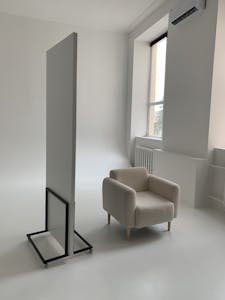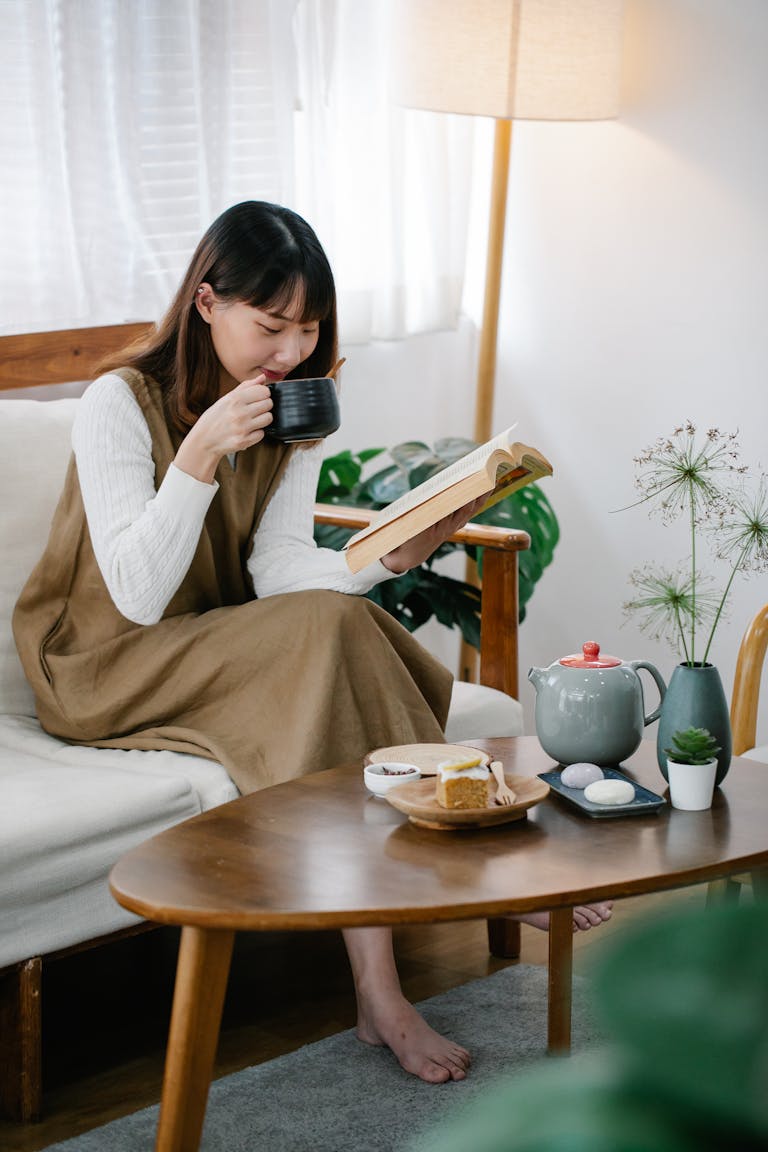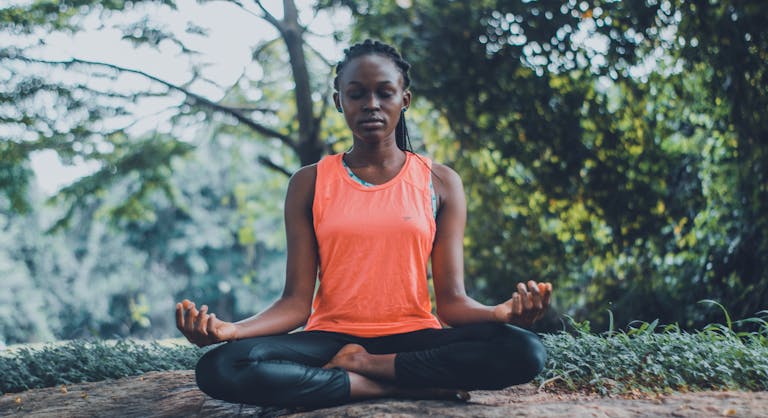Minimalism is a lifestyle choice that focuses on simplifying your life by removing the excess, both physically and mentally. It’s about making space for what truly matters and focusing on quality over quantity. In this article, we’ll explore the benefits of minimalism and how it can help you lead a more intentional, fulfilling life.

1. What is Minimalism?
At its core, minimalism is about living with less—less physical clutter, less mental clutter, and less distraction. It’s about prioritizing what adds value to your life, whether that’s meaningful relationships, personal growth, or experiences. Minimalism encourages intentional living by letting go of excess and making room for the things that matter most.
Many people associate minimalism with decluttering physical spaces, but it extends to every area of life, including time management, relationships, and even digital content. By stripping away the non-essential, minimalism allows you to focus on what truly brings happiness and fulfillment.
2. Mental Clarity and Reduced Stress
One of the most significant benefits of minimalism is the mental clarity it provides. When you remove excess possessions and distractions, you can reduce the mental clutter that often leads to stress and anxiety.
Living in a clutter-free environment can help calm your mind, allowing you to focus on your priorities and goals. Studies show that physical clutter can increase feelings of anxiety and make it harder to concentrate. By embracing minimalism, you can create an environment that promotes peace of mind and focus.
3. Improved Financial Health
Minimalism isn’t just about clearing your physical space—it can also improve your financial health. By adopting a minimalist mindset, you become more mindful of your spending habits. Instead of buying things impulsively, you begin to prioritize purchases that align with your values and long-term goals.
This shift in mindset can lead to better financial decision-making, reduced debt, and increased savings. By eliminating unnecessary purchases and focusing on experiences rather than material possessions, you can build a more secure financial future.
4. More Time for What Matters
In a world that constantly demands your time and attention, minimalism helps you reclaim your most valuable resource: time. By letting go of excess commitments, obligations, and possessions, you can focus more on activities that bring you joy and fulfillment.
Minimalism allows you to spend more time with loved ones, pursue hobbies, or focus on personal growth. When you eliminate distractions, you create more time for meaningful experiences and connection, leading to a more balanced and enriching life.
5. Environmental Impact
Adopting a minimalist lifestyle can also have a positive impact on the environment. By consuming less, reducing waste, and purchasing fewer items, you contribute to sustainability efforts and help reduce your carbon footprint. Minimalism encourages conscious consumerism, where you make thoughtful choices about what you buy and how you dispose of it.
By embracing quality over quantity and investing in durable, long-lasting products, you help reduce the demand for mass-produced goods that harm the environment.
6. Personal Growth and Fulfillment
Minimalism fosters personal growth by encouraging you to focus on your values, goals, and passions. When you remove distractions, you can dedicate more time to self-reflection, learning, and pursuing what truly matters to you.
Minimalism helps you discover what brings you fulfillment and satisfaction, leading to a deeper sense of purpose. Whether it’s exploring new hobbies, building stronger relationships, or working towards career goals, minimalism helps you create a life that aligns with your authentic self.
7. How to Embrace Minimalism in Your Life
Adopting a minimalist lifestyle doesn’t happen overnight. It’s a gradual process that requires intention and commitment. Here are some steps to help you get started:
- Declutter Your Space: Start by decluttering one area of your home. Begin with a small space, like a closet or desk, and gradually work your way through other areas. Donate or sell items that no longer serve a purpose.
- Prioritize Your Time: Take a close look at how you spend your time. Eliminate activities or commitments that don’t align with your values or goals. Focus on activities that bring you joy and contribute to your personal growth.
- Be Mindful of Your Purchases: Before buying anything, ask yourself if the item truly adds value to your life. Focus on purchasing items that are durable, functional, and align with your long-term needs.
- Simplify Your Digital Life: Declutter your digital space by organizing files, unsubscribing from unnecessary emails, and limiting your screen time. Consider digital detoxes to reduce online distractions.
Q: How do I start living a minimalist lifestyle?
A: Begin by decluttering your physical space, prioritizing your time, and being mindful of your purchases. Focus on what truly adds value to your life and let go of excess.
Q: Can minimalism improve my mental health?
A: Yes, minimalism can reduce stress and anxiety by creating a calm and clutter-free environment. It also promotes mental clarity and helps you focus on what matters most.
Q: Is minimalism only about decluttering my home?
A: While decluttering your physical space is a key part of minimalism, it also extends to other areas of life, such as time management, relationships, and digital content.
Start Your Minimalist Journey Today!
Embrace a simpler, more intentional lifestyle by decluttering your space, managing your time wisely, and focusing on what truly matters. Begin your minimalist journey today and discover the joy of living with less!

I’m EKBAL HOSSAIN MONDAL, the creator of SmartSolveTips.com — a blog dedicated to helping people improve productivity, avoid digital burnout, and live better online. With years of hands-on experience in self-development and digital wellness, I write practical tips and tools to help you stay focused and thrive in a fast-paced digital world.






